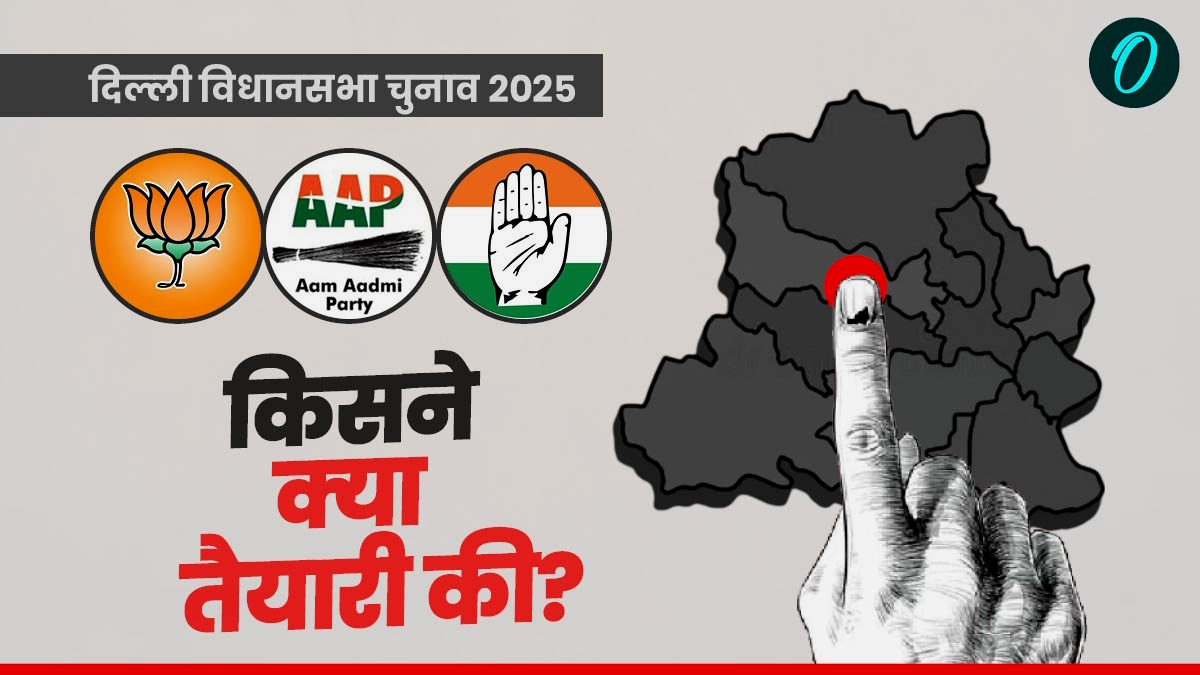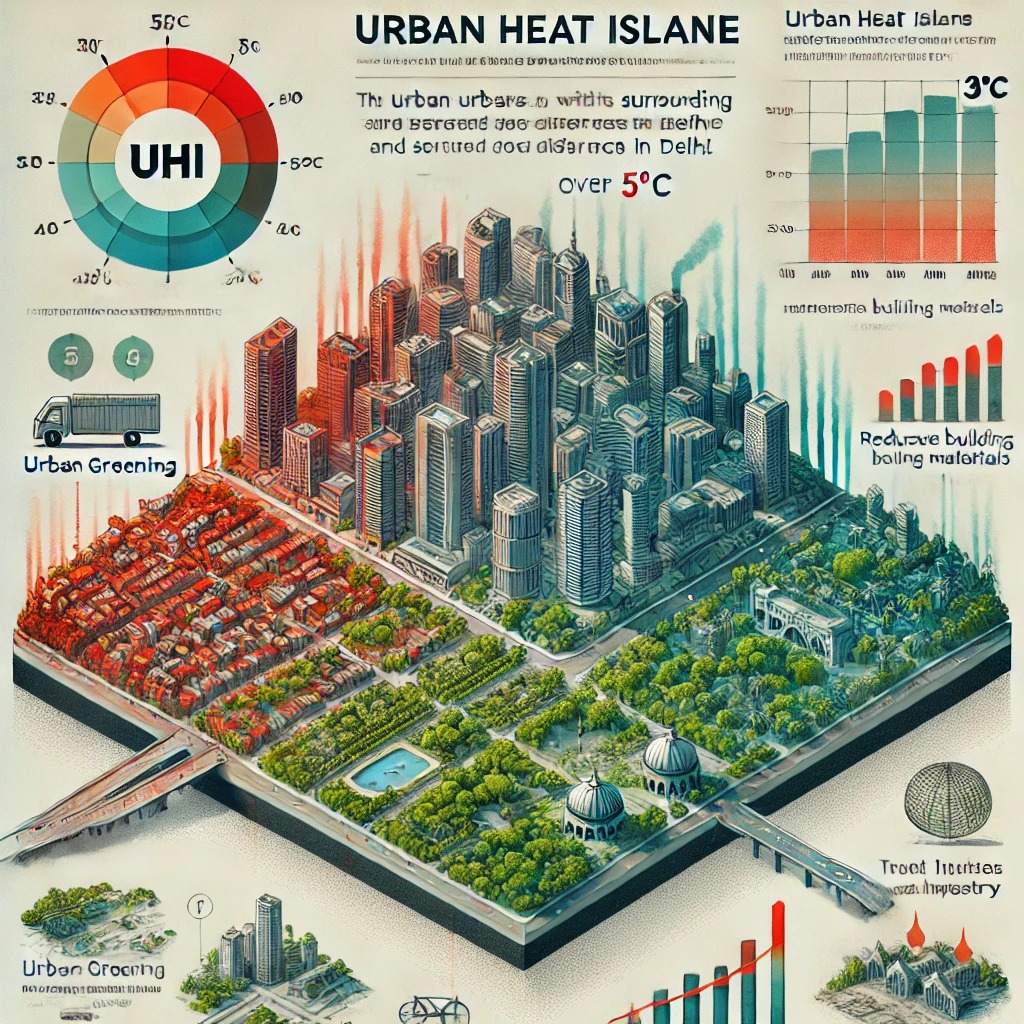
Comments (0)
Categories
Recent posts


Delhi Election Analysis 2025
10 Feb 2025
Analyzing the Impact of EWS Reservation ...
6 Feb 2025
Evaluating the Urban Heat Island Effect ...
6 Feb 2025
Leveraging Digital Technology in ...
3 Feb 2025Reserve Your Digital Identity

Begin your journey into symbolic intelligence. Create your unique digital identity — complete with sigils, glyphs, and personalized symbolic markers that represent you, your brand, or your entity across the SYMBI0N network.



